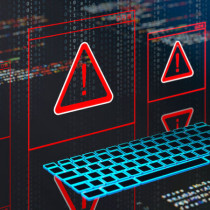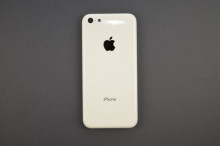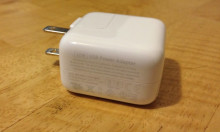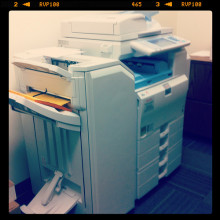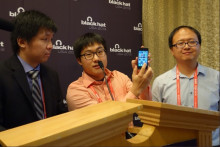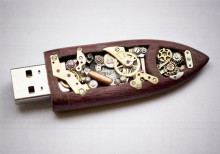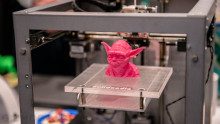Why VW's court win helps hackers
Volkswagen recently won a court case that stopped computer scientists from publishing an academic paper revealing the secret codes used to start luxury cars including Porsches, Audis, Bentleys and Lamborghinis.
The victory, however, will make carmakers more vulnerable to hackers because company engineers will have less information available to help them design more secure in-car systems.





